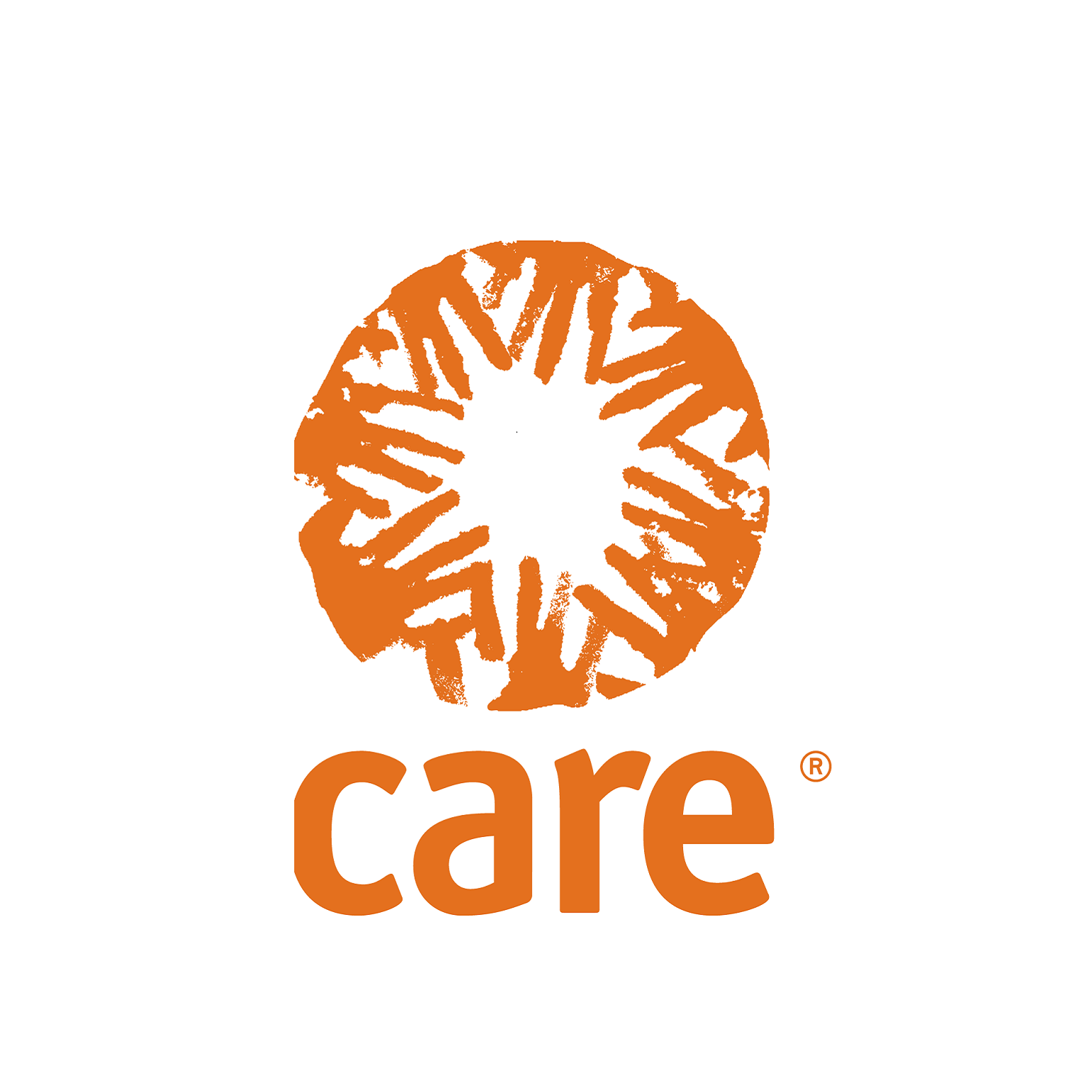Episodes
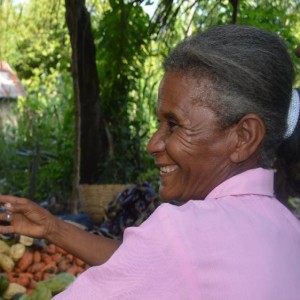
Wednesday Aug 28, 2019
Soyez Courageux et Realiste: Le lecons pour la creation des projets qui marche
Wednesday Aug 28, 2019
Wednesday Aug 28, 2019
Yawo Douvon et Barbara Jean Claude de CARE Haiti discute l'importance d'avoir le courage de dire quelque chose ne marche pas. Il faut du courage pour expliquer que les objectives ne sont pas realiste, et que nous risquons de ne pas tout accomplir. Avoir l'analyse du context--meme dans les cas d'urgence--le renforcement des rapports avec les bailleurs, la suivi des indicateurs, et la communcation sont tous les outils qui peuvent vous aider.

Thursday Aug 22, 2019
Be Bold and Realistic: Creating space for project plans that will work
Thursday Aug 22, 2019
Thursday Aug 22, 2019
Yawo Douvon and Barbara Jean-Claude from Haiti talk about the importance of being bold when it comes to admitting that something won't work. It takes courage to point out that goals and expectations are unrealistic, and that we might not get everything done. Getting good context analysis--even in emergencies--building solid donor relationships, carefully monitoring data, and being proactive in communications when something goes off track are all tips that can help you through a rocky project implementation. (French version will be coming the week of August 26th.)
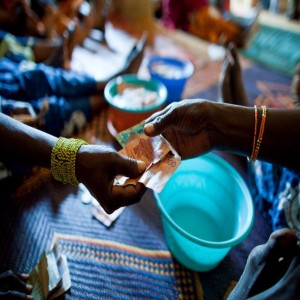
Friday Aug 09, 2019
Friday Aug 09, 2019
By popular demand, we've translated the August 1 Francophone episode into English. When CARE first started working with Village Savings and Loan Associations (VSLA) in Niger, we nearly broke the model because we were sure that we knew what to do, and women were wrong. Field staff were afraid to tell us that women were sharing out the money--a practice that is now a cornerstone of a global approach reaching millions of people. Why? Because it went against all of our assumptions about economic empowerment. Dr. Fatma Zennou from Niger talks about how to create a culture where people are not afraid to highlight innovations and the unexpected, where money isn't everything in empowerment, and where we help women put their voices together for change.

Thursday Jul 18, 2019
Thursday Jul 18, 2019
In our second francophone episode, Huguette Sekpe Sossouhounto from CARE Benin/Togo talks about how CLTS (a common sanitation approach) failed in her project, and how communities helped them find a Plan B that works. What are the key lessons learned? Pay attention to signs that something is going wrong, and then, "talk to the communities about what their dreams are, and how they can achieve those dreams." Local partners can help you find a solution.
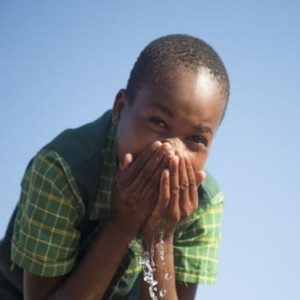
Monday May 20, 2019
The Learning From Failure Report: A Systemic Look at What Goes Wrong
Monday May 20, 2019
Monday May 20, 2019
Katie Pons from CARE talks about a current research effort to learn from what goes wrong based on CARE's evaluations. Using a qualitative analysis program called MAXQDA, Katie and her colleagues have been doing a meta-analysis to give us a more structured way to talk about failure, not just case by case, but in the broader systems sense. Listen to the podcast, and then tell us what reports you would like to see from this data set. Shout out in the comments, or e-mail ejanoch@care.org.
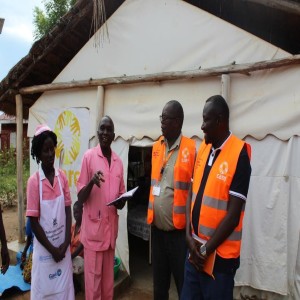
Wednesday Apr 10, 2019
Making People Suffer: The Perils of Partnership and Budget Delays
Wednesday Apr 10, 2019
Wednesday Apr 10, 2019
Mike Mukirane from Uganda's West Nile team talks about an attempt to recruit and pay midwives for a CARE project through the local government system. Because we didn't know enough to set it up well, the midwives went for 6 months without getting paid, "working tooth and nail" the whole time. Learning more from other partners' experience, thinking more carefully about contract requirements, and understanding implications of our budgeting choices are all recommendations for how to avoid the problem.
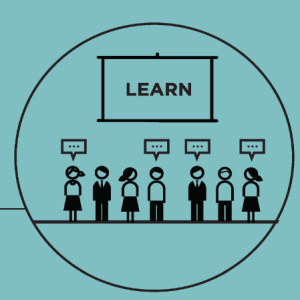
Wednesday Mar 27, 2019
The Art of Humility: Accepting Reality and Learning From Failure
Wednesday Mar 27, 2019
Wednesday Mar 27, 2019
Ian Lathrop from USAID’s LEARN project talks about how to show the art of humility, and learn from failures so we don’t repeat them. After action reviews, pause and reflect, and having leaders model behavior are all practical actions he suggests for getting better at this. Some of the resources he suggests to create space for learning from failure are USAID Learning Lab - CLA Maturity Tool Resources, the video on Community Connector and CLA: Proving the Concept, and Learning Lab’s failure blog.
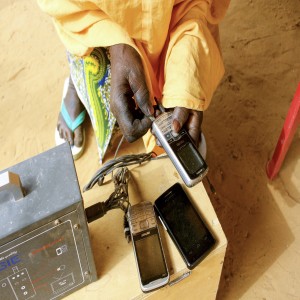
Wednesday Feb 13, 2019
Digital Projects and the Danger of Expertise
Wednesday Feb 13, 2019
Wednesday Feb 13, 2019
Mark Malhotra from CARE’s Innovation team talks about the process of designing digital solutions, and the danger of trusting experts when it seems like they aren’t delivering what you need. Human centered design, frequent check ins, and setting clear expectations with consultants all feature as tips to make your next digital experience easier. Tip: just because someone else in an expert, it doesn’t mean you’re wrong.
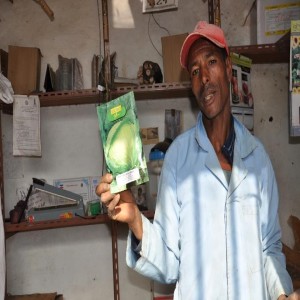
Wednesday Feb 06, 2019
Processes and Privilege: How to prioritize innovative local partners in market solutions
Wednesday Feb 06, 2019
Wednesday Feb 06, 2019
Bob Rabatsky from Fintrac discusses his experiences as the Chief of Party for Feed the Future’s Partnering For Innovation, and what it teaches us about working with the private sector and market based solutions. Re-setting application processes to prioritize qualified local businesses, focusing on setting good milestones, and overcoming resistance to private sector solutions are some of his key takeaways.
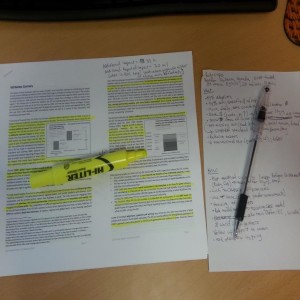
Wednesday Jan 30, 2019
Learning Backwards: How decisions we need to make should drive learning agendas
Wednesday Jan 30, 2019
Wednesday Jan 30, 2019
Emily Janoch from CARE's Impact and Learning team talks about all the wrong ways she has tried to do learning agendas, why she kept repeating the same mistakes, and the counterintuitive solution that works for her.
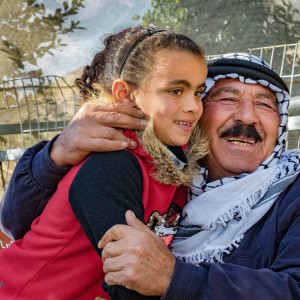
Wednesday Jan 02, 2019
What makes dreams impossible: How we can miss the mark on creating programs that last
Wednesday Jan 02, 2019
Wednesday Jan 02, 2019
Hiba Tibi from Palestine talks about her favorite quote: "Fear of failure is the only thing that makes a dream impossible to achieve." Even in crisis and fragile settings, we must programs that create space for women's empowerment and will be economically viable in the long term. We can't let the changing environment prevent us from focusing on equality that will last. Check out the recent paper on how to do that with Women's Economic Empowerment programs, and the thinking on how to approach the Humanitarian and Development nexus for long term change.
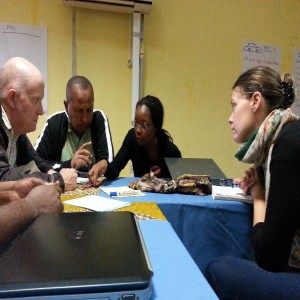
Wednesday Nov 14, 2018
Raising our expectations: how our pre-conceived notions cause us to fail
Wednesday Nov 14, 2018
Wednesday Nov 14, 2018
Juan Echanove talks about how we fail at workshops because we have come to expect that most of them will be bad. It's not just a problem for people in the room, these low standards for workshops ultimately cost us in terms of program design, productivity, and local ownership.
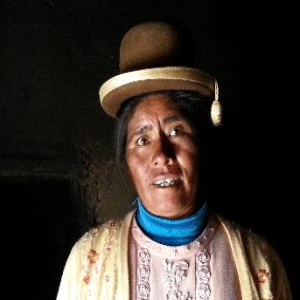
Wednesday Nov 07, 2018
A Year of Listening: Why we struck out with social movements the first time we tried
Wednesday Nov 07, 2018
Wednesday Nov 07, 2018
"It's all about being slapped in the face by others" says Sofia Sprechmann--CARE International's Program Director--about how CARE misfired on its first effort into working with social movements in Latin America, and how we had to focus on listening and building trust.
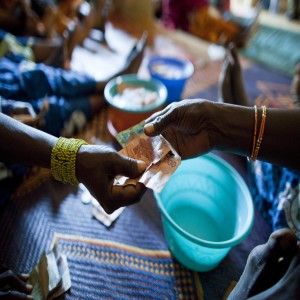
Wednesday Oct 31, 2018
Fourth Quarter Failure: How we got the FY18 budget wrong, and what we're doing now
Wednesday Oct 31, 2018
Wednesday Oct 31, 2018
Michelle Nunn discusses how CARE's FY18 budget missed the balance between audacious goals and operational excellence. She ends with a call to all staff to err on the side of candor and speak truth to power.
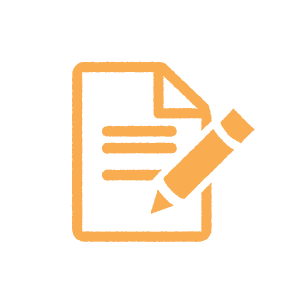
Wednesday Oct 17, 2018
The Missing 600: Impact we can't tell you about
Wednesday Oct 17, 2018
Wednesday Oct 17, 2018
In a two year period, more than 600 CARE projects closed without ever reporting impact data. Sofia Sprechmann, CARE International's Program Director, talks about why we've been failing to report all of our impact, and what we're doing to fix it. Two tools she references are the resources on measuring the impact of advocacy and CARE's unique Impact Map.

